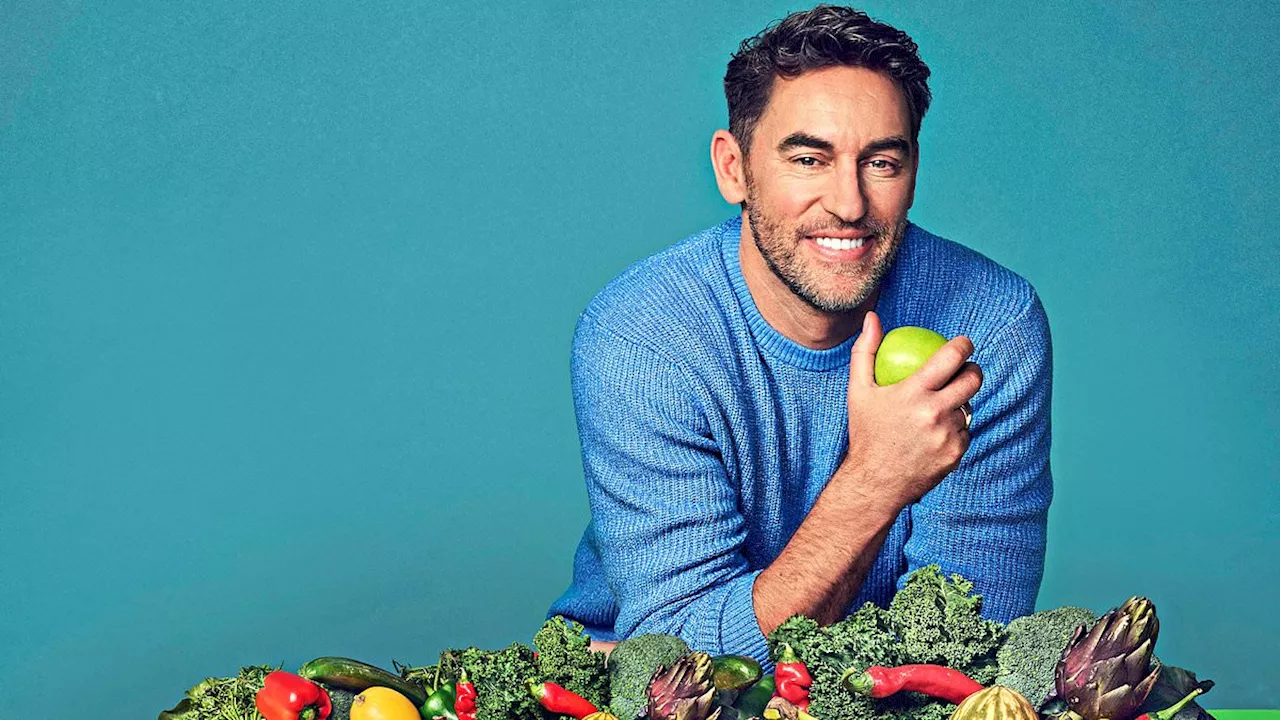Top gut health experts, nutritionists, and food scientists share their daily meals and snacks.
It means it can feel like a minefield when it comes to choosing what you should eat for breakfast, lunch and dinner.
Professor Spector used to drink orange juice with his first meal of the day before discovering it was behind a massive spike in his blood sugar. Professor Spector, who co-founded personalised nutrition company ZOE, makes one-pan meals for dinner and often opts for fish, lots of vegetables and fresh herbs.
Professor Spector said he doesn’t often feel the need to snack between his meals but, if he does, he opts for a handful of nuts or high-quality dark chocolate.For drinks, he sticks to water, homemade kombucha or water kefir and black coffee. On occasion, he has a glass of red or orange wine.‘There’s a growing body of research around the health benefits of eating fermented foods regularly.
‘I always try to choose foods high in fibre as this is the king of nutrients for me as it is associated with so many health benefits,’ he said. ‘I also look for foods that offer you as much nutrition as possible per mouthful so oats and eggs really hit the spot here.‘I like to include a good source of protein with every meal to help keep me feeling full and to support my recovery needs from training.
Mr Hobson, a best-selling author whose latest book Unprocess Your Life was serialised by the Mail, cooks up one-pot meals, such as chilli, curry or stew, for dinner or has meat or fish with potatoes and some vegetables. ‘I always try to include some cheese during the day as I don’t really drink milk or eat that much yoghurt, so look for other sources of calcium which also include green veggies and pulses.’
Adding a scoop of yoghurt would further boost the nutrients in the meal as it would add dairy and protein, Professor Kuhnle noted. However, he skips this step because he is lactose intolerant. He then adds a carbohydrate, such as pasta or couscous, and serves it with roast pumpkin seed oil as a dressing.
'I'm big on listening to your body but also we thrive on routine so it is good to to have a routine and eat at similar times of the day because it regulates your circadian rhythm,' she said. Ms Pearson confesses to having a 'green tea obsession' and says she can usually be found sipping on a big mug of green tea between meals. Apart from tea she drinks water and the occasional diet Fanta Lemon.
Rhiannon Lambert, Harley Street nutritionist and author of The Science of Nutrition, believes there is 'no one-size-fits-all solution when it comes to nutrition' and likes to change up her meals as much as possible. 'Packed full of fibre, protein and whole grains, this meal offers a convenient and nutritious option for those days when time is limited.
Diets Gut Health Nutritionists Food Scientists Breakfast Lunch Dinner Snacks Drinks
United Kingdom Latest News, United Kingdom Headlines
Similar News:You can also read news stories similar to this one that we have collected from other news sources.
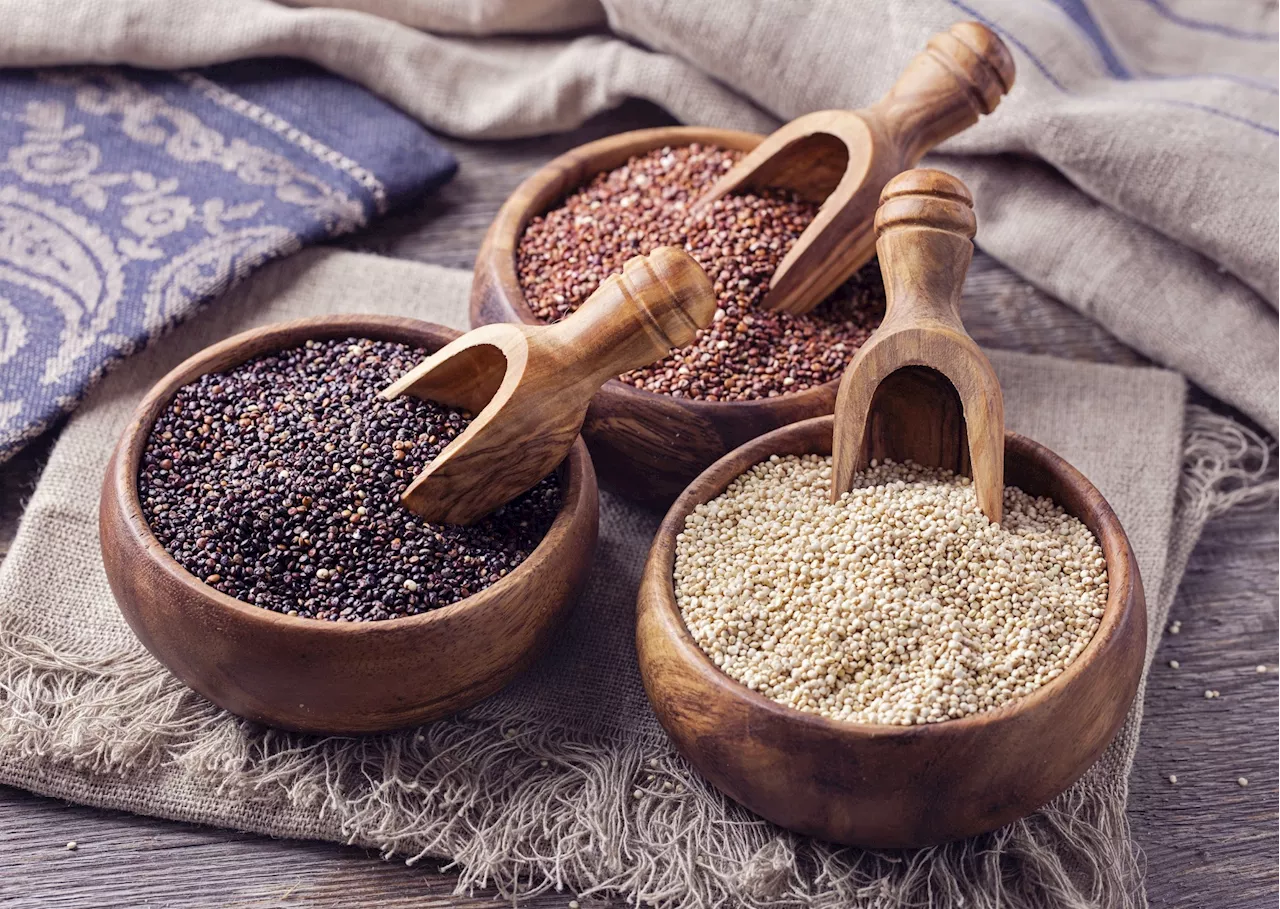 The impact of quinoa bioactive compounds on gut healthResearchers review the beneficial impacts of quinoa and its bioactive compounds, particularly its effects on intestinal microflora.
The impact of quinoa bioactive compounds on gut healthResearchers review the beneficial impacts of quinoa and its bioactive compounds, particularly its effects on intestinal microflora.
Read more »
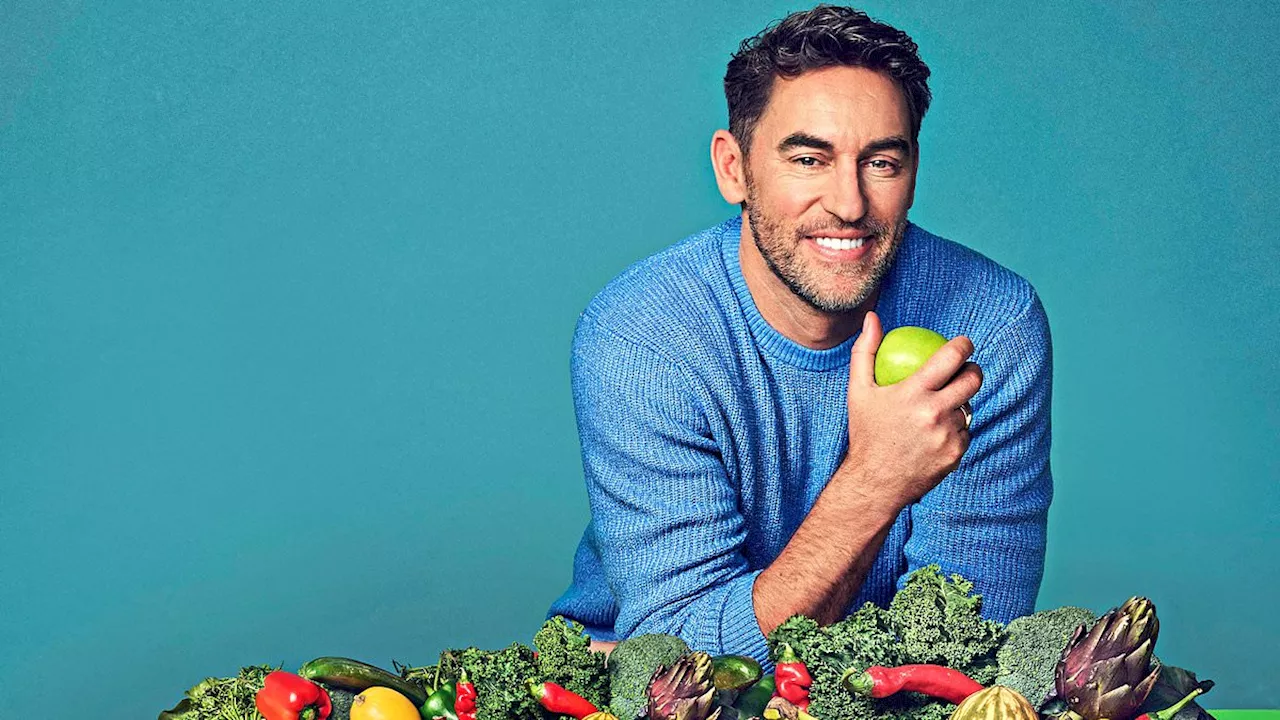 What Tim Spector and other top dieticians eat in a day… and why they say it's time to ditch orange...Choosing what you should eat for breakfast, lunch and dinner can be a minefield, so the Mail asked top gut health experts, nutritionists and food scientists what they consume in a day...
What Tim Spector and other top dieticians eat in a day… and why they say it's time to ditch orange...Choosing what you should eat for breakfast, lunch and dinner can be a minefield, so the Mail asked top gut health experts, nutritionists and food scientists what they consume in a day...
Read more »
 Inside the Aberdeen dressing room reaction to late St Mirren gut punchThe Dons are looking to bounce back this weekend after losing two goals in stoppage time in Paisley.
Inside the Aberdeen dressing room reaction to late St Mirren gut punchThe Dons are looking to bounce back this weekend after losing two goals in stoppage time in Paisley.
Read more »
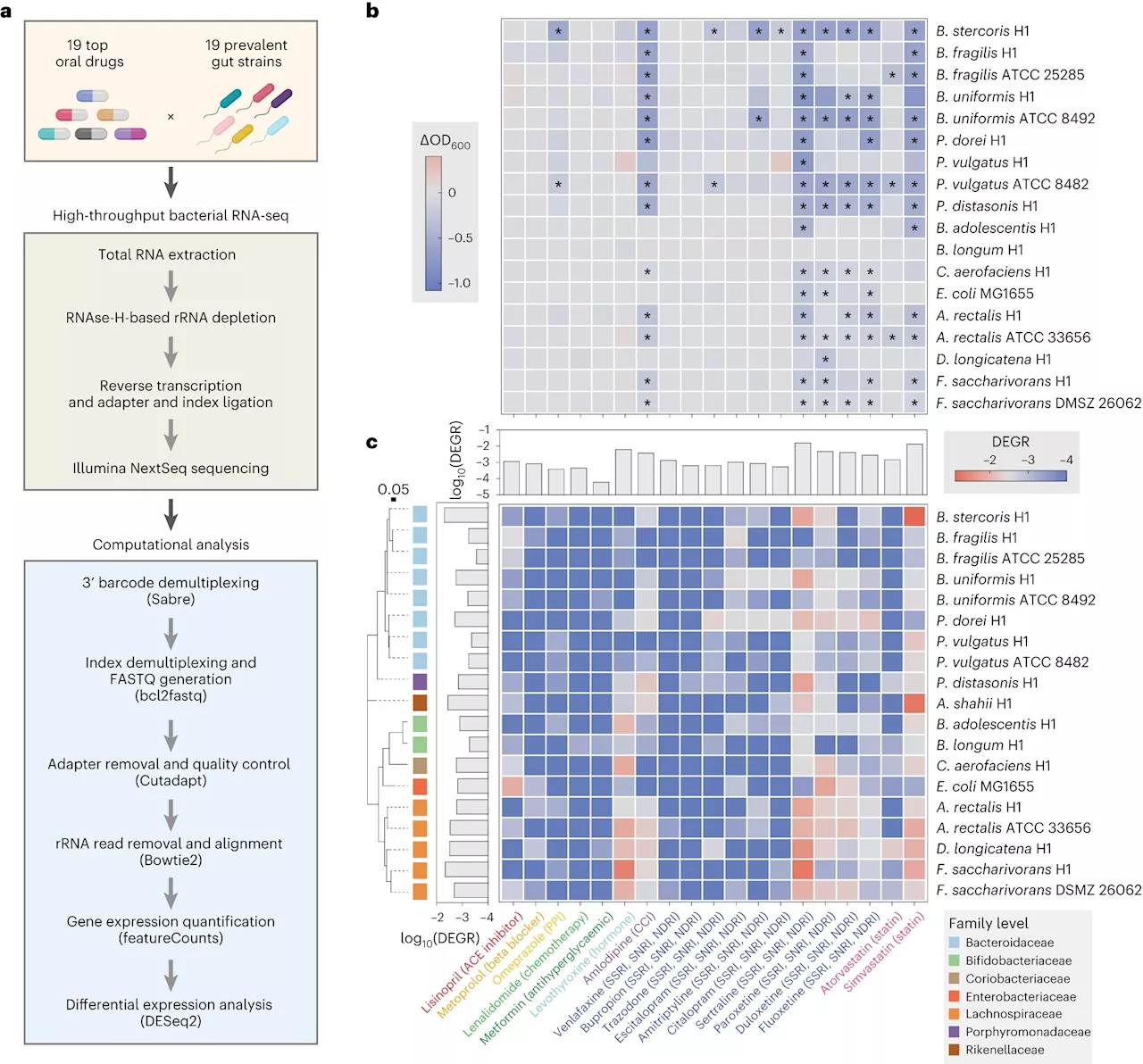 Q&A: Prescription drugs and the gut microbiome—getting the right balancePills and the gut microbiome sometimes don't mix. Oral prescription drugs often disturb the gut microbiome, killing off some species or changing the balance in a way that impacts patient health. In other combinations, bacteria get the upper hand and disable a drug's active ingredient.
Q&A: Prescription drugs and the gut microbiome—getting the right balancePills and the gut microbiome sometimes don't mix. Oral prescription drugs often disturb the gut microbiome, killing off some species or changing the balance in a way that impacts patient health. In other combinations, bacteria get the upper hand and disable a drug's active ingredient.
Read more »
 Gut microbiome: Meet Bifidobacterium breve, keeping babies healthyBifidobacterium breve, or B breve for short, is a bacterial species that's found in the human intestine. It's especially relevant in early life, being one of the most abundant bacteria in the newborn gut.
Gut microbiome: Meet Bifidobacterium breve, keeping babies healthyBifidobacterium breve, or B breve for short, is a bacterial species that's found in the human intestine. It's especially relevant in early life, being one of the most abundant bacteria in the newborn gut.
Read more »
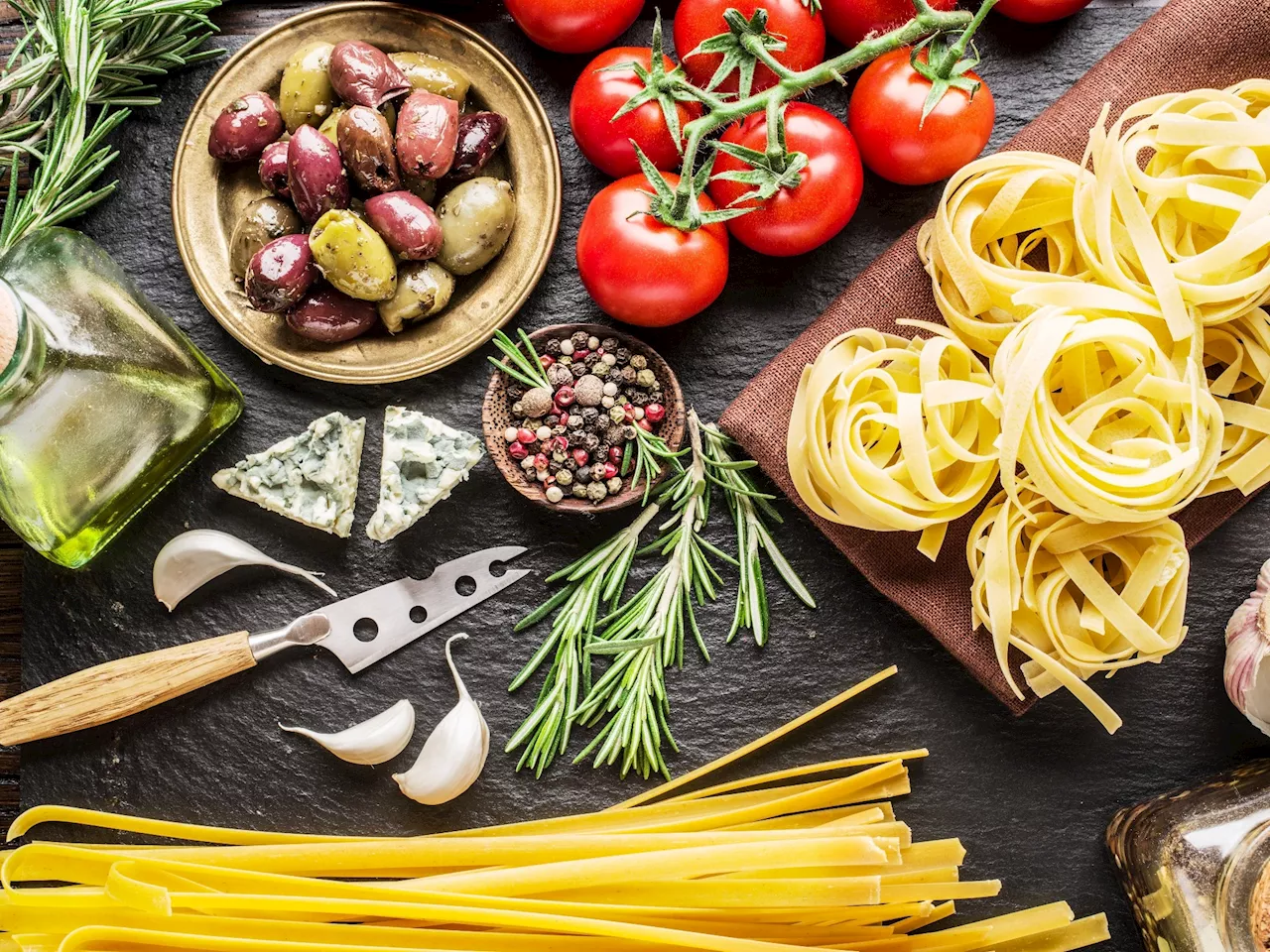 Mediterranean diet and exercise reshape gut microbiome, aiding weight lossIntensive lifestyle intervention combining the Mediterranean diet and physical activity reduces weight and alters gut microbiota in overweight and obese participants, offering potential cardiovascular benefits.
Mediterranean diet and exercise reshape gut microbiome, aiding weight lossIntensive lifestyle intervention combining the Mediterranean diet and physical activity reduces weight and alters gut microbiota in overweight and obese participants, offering potential cardiovascular benefits.
Read more »
